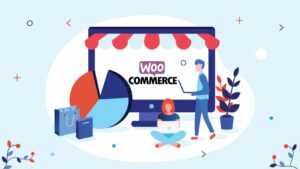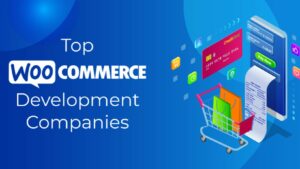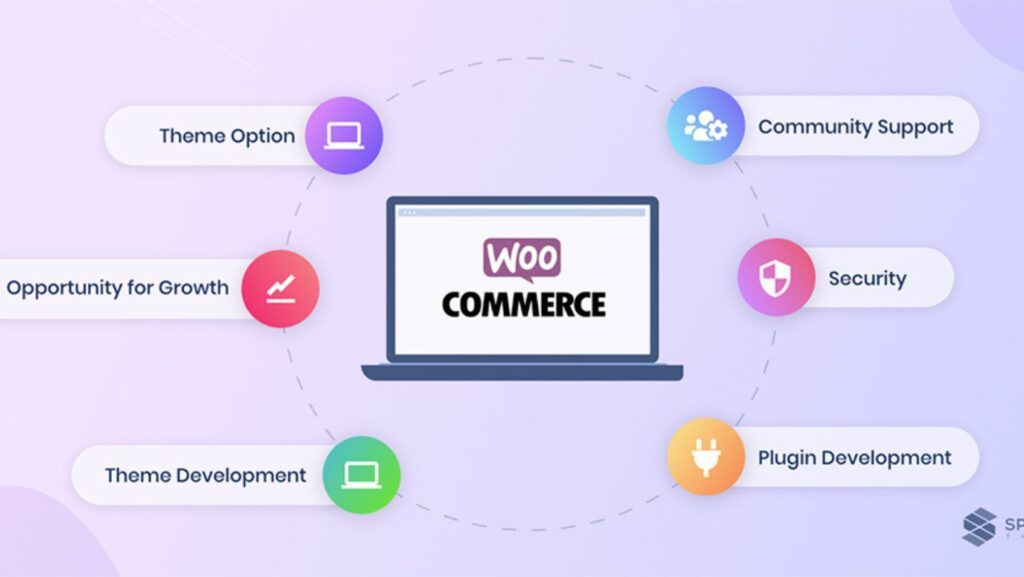Woocommerce Plugin Development
 Are you looking to enhance your e-commerce website with custom functionalities? WooCommerce plugin development offers a versatile solution to tailor your online store to meet specific business needs. By delving into the world of plugin development, businesses can unlock endless possibilities for optimizing their online presence.
Are you looking to enhance your e-commerce website with custom functionalities? WooCommerce plugin development offers a versatile solution to tailor your online store to meet specific business needs. By delving into the world of plugin development, businesses can unlock endless possibilities for optimizing their online presence.
In today’s competitive digital landscape, having unique features can set your store apart. With WooCommerce plugins, businesses can create personalized shopping experiences, streamline processes, and boost overall performance. From payment gateways to product customization, the realm of plugin development empowers businesses to innovate and adapt to evolving market demands.
Understanding WooCommerce Plugin Development
WooCommerce is a popular open-source e-commerce plugin for WordPress sites. It enables businesses to set up online stores quickly and efficiently. WooCommerce offers a range of features such as inventory management, secure payments, and flexible product listings.
WooCommerce is an extension of WordPress specifically designed for e-commerce. It allows users to create online stores with ease, offering a wide array of customization options to suit various business needs. With its user-friendly interface, WooCommerce has become a go-to platform for many online retailers.
Custom plugins play a crucial role in enhancing the functionality of WooCommerce stores. They enable businesses to add specific features tailored to their unique requirements. Custom plugins help streamline processes, optimize performance, and provide customers with a personalized shopping experience.By developing custom plugins, businesses can stay ahead of the competition and meet the ever-changing demands of the market.
Key Steps in WooCommerce Plugin Development
In WooCommerce plugin development, the initial crucial steps involve thorough planning and detailed requirement analysis to ensure the plugin’s effectiveness in meeting the desired objectives. It’s imperative to understand the specific needs of the e-commerce website and its target audience before proceeding with the development process.
During the planning phase, developers meticulously outline the functionality and features that the WooCommerce plugin will incorporate. This step involves defining the purpose of the plugin, identifying key capabilities it should offer, and aligning these requirements with the goals of the online store. Through comprehensive requirement analysis, developers can streamline the development process and avoid unnecessary delays or modifications post-development.
Designing the Plugin’s Architecture
Designing the architecture of the WooCommerce plugin is a critical phase that lays the foundation for its performance and scalability. Developers focus on creating a robust structure that facilitates seamless integration with the existing WooCommerce setup. The architecture design encompasses defining the plugin’s components, establishing clear data flow mechanisms, and ensuring compatibility with future updates. This meticulous approach in designing the plugin’s architecture is essential for enhancing its functionality and maintaining optimal performance levels.
In WooCommerce plugin development, utilizing the right programming languages and frameworks is crucial to ensure efficient and effective plugin functionality. Developers often rely on languages like PHP, JavaScript, and CSS, along with frameworks such as ReactJS and Vue.js for creating dynamic and responsive e-commerce plugins.
Programming Languages and Frameworks
- PHP: This server-side scripting language is the foundation of WordPress and WooCommerce development, making it essential for creating custom plugins that seamlessly integrate with the platform.
- JavaScript: Widely used for interactive elements and dynamic content, JavaScript enhances the user experience by enabling features like product sliders, pop-ups, and AJAX
 functionality.
functionality. - CSS: Cascading Style Sheets (CSS) are vital for styling web pages and ensuring a visually appealing design. CSS frameworks like Bootstrap can be leveraged for responsive and mobile-friendly plugin layouts.
- ReactJS and Vue.js: These JavaScript libraries are popular choices for building interactive user interfaces in WooCommerce plugins. They offer component-based architectures for modular and scalable development.
- PHPUnit: A unit testing framework for PHP, PHPUnit helps developers ensure the reliability and functionality of WooCommerce plugins by running automated tests on individual units of code.
- WooCommerce Helper: Specifically designed for WooCommerce development, this testing tool assists in validating plugin functionality within the WooCommerce ecosystem, ensuring compatibility and seamless integration.
- BrowserStack: For cross-browser testing, BrowserStack allows developers to test WooCommerce plugins on various browsers and devices, identifying and resolving compatibility issues for a smooth user experience.
- Codeception: An all-in-one testing framework, Codeception supports different types of testing, including functional and acceptance testing, to validate the performance and behavior of WooCommerce plugins across different scenarios.
By leveraging these essential tools and technologies in WooCommerce plugin development, developers can create robust, high-performing plugins that enhance e-commerce websites with custom features and functionalities.

